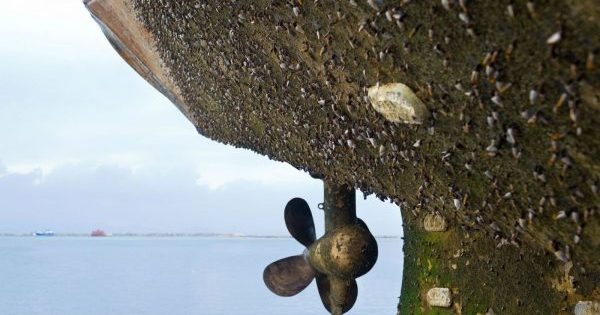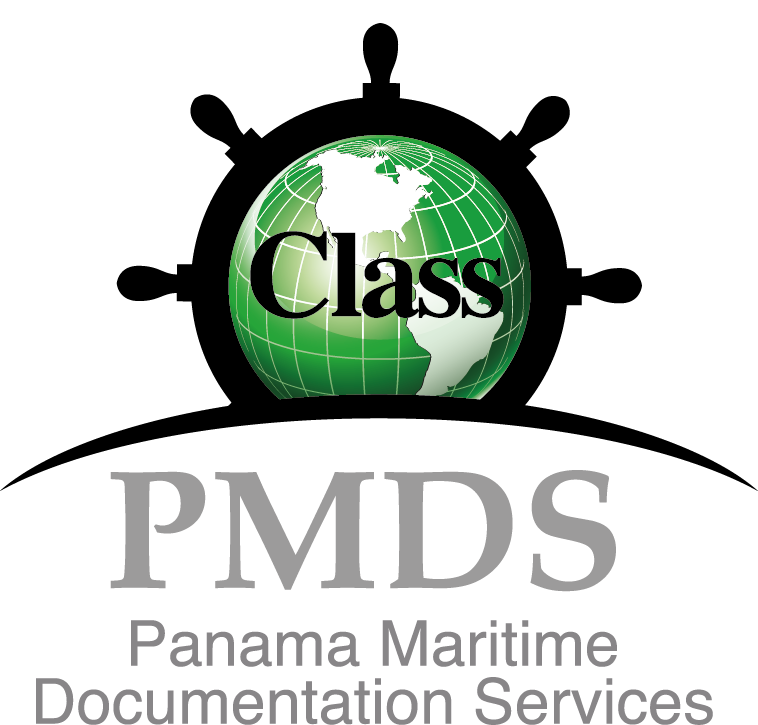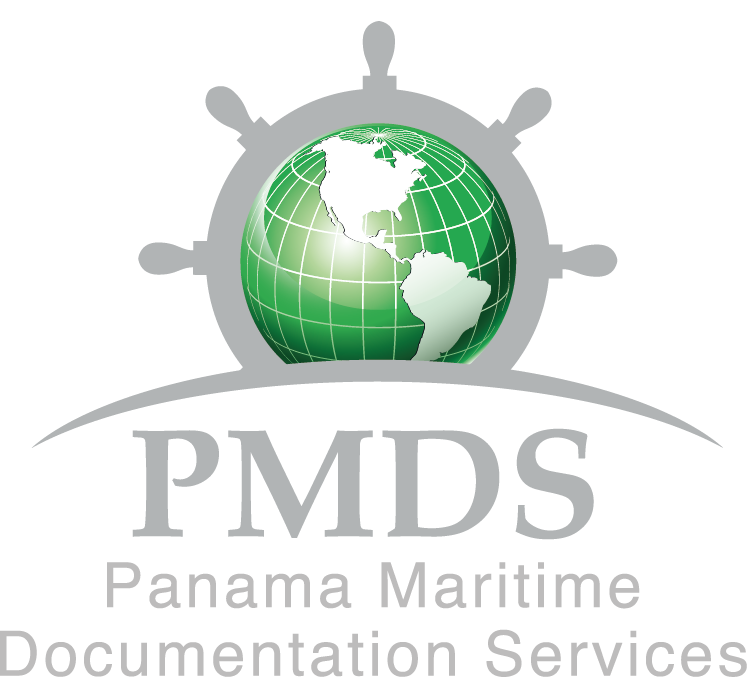
IMO biofouling project to address biodiversity threat extended
IMO’s TEST Biofouling project has received the greenlight to continue its work to tackle the transfer of invasive species via ships’ hulls for another year.
A no-cost extension signed between IMO and the Norwegian Agency for Development Cooperation (Norad) on 10 April 2024 will extend the TEST Biofouling project until 31 December 2026, beyond its original implementation period of 2022 to 2025.
This will ensure support is given to complete longer-term plans of countries participating in the project, including the deployment of demonstration activities.
The TEST Biofouling project pilots’ innovative technologies and showcases sustainable methods to manage ship’s biofouling in a range of developing countries. Biofouling refers to the build-up of aquatic organisms on ships’ hulls, which can multiply when introduced into new environments and out-compete native species. It has been identified as one of the greatest threats to marine biodiversity and to the industries that depend on it, such as tourism and fisheries.
The project supports the implementation of the 2023 IMO Biofouling Guidelines, and complements actions undertaken by the GEF-UNDP-IMO GloFouling Partnerships project.
New website launched to share information.
A newly-launched website for TEST Biofouling highlights the pilot projects, in addition to providing valuable resources including a technology portal, training packages, a video library and various publications.
Source IMO
For additional information contact us : corporate@panamamaritime.com

 (507) 6780-7942
(507) 6780-7942






